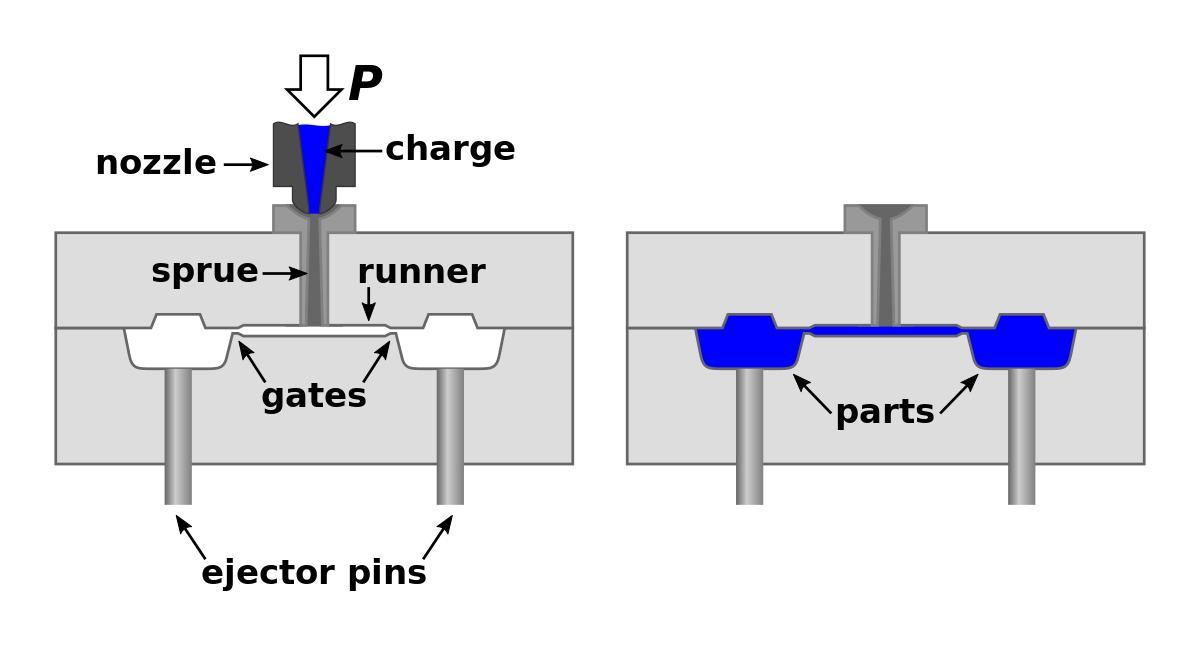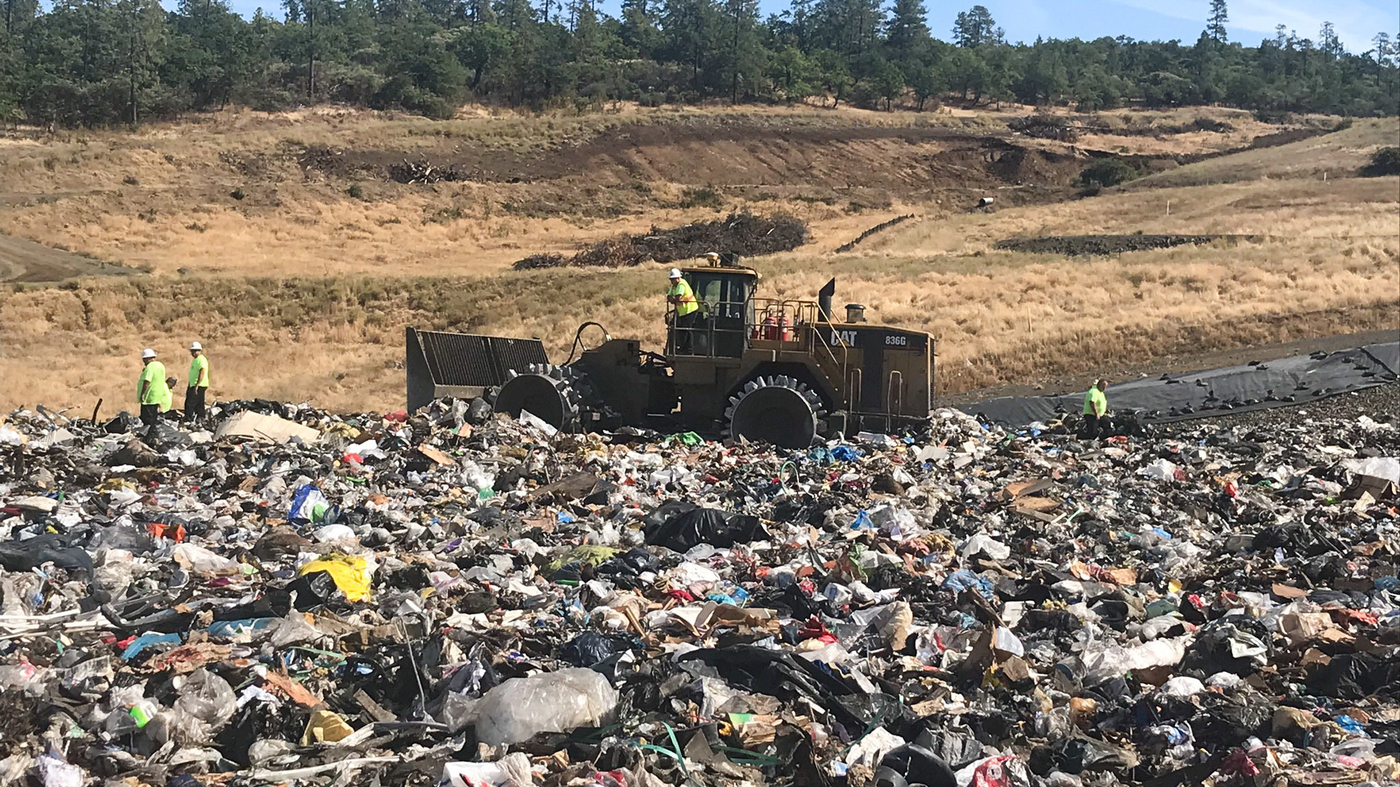Space Lynx
Astronaut
- Joined
- Oct 17, 2014
- Messages
- 17,984 (4.67/day)
- Location
- Kepler-186f
| Processor | 7800X3D -25 all core |
|---|---|
| Motherboard | B650 Steel Legend |
| Cooling | Frost Commander 140 |
| Memory | 32gb ddr5 (2x16) cl 30 6000 |
| Video Card(s) | Merc 310 7900 XT @3100 core -.75v |
| Display(s) | Agon 27" QD-OLED Glossy 240hz 1440p |
| Case | NZXT H710 |
| Power Supply | Corsair RM850x |
I have been interested in this topic for many years, when I research it I find pictures of semi-trucks with like tiny little plastic beads in them, but I think that is recycled plastic, I am not interested in that.
I know most plastic is made from oil/coal byrpoduct, ok that is great, but what is the transformation of that into plastic? What does it look like? Is there a picture by picture diagram or a video anyone knows of that shows how it is done at each step of the way? Each time I watch a youtube video on this its always skipping the original source part, like the initial transition (the coal/oil byproduct itself, what does it look like, what is the machine it goes into, what does the machine do to make the plastic)...
I just find this fascinating that it is so hard to find this information (or I just suck at researching). It's such a vital part of our life... and we don't even really know how it is done... I mean we all have a general idea, ok thats great, but seriously how is it done? Pictures and videos or simple layman explanations only please, I don't was to read a grad school thesis on it...
Disclosure: this is not for any sort of research project or anything that will benefit me, I just am genuinely curious and have been for many years about this.
side note: i don't want to know about recycled anything. I want to only know about how is plastic made from start to finish.
also, for that matter how is aluminum done? like I want to see a video, of how aluminum is mined, then the trucks that take the aluminum to the factory, how does that ore get turned into to the chip bag or the can I am now drinking from?! Like some documentaries show the basics of the supply chain but they never show you the explicit details... I want to know how it all works, its fascinating - also it may help me answer some of my own questions about sustainability.
@FordGT90Concept @lexluthermiester @Andy Shiekh any input welcome
I know most plastic is made from oil/coal byrpoduct, ok that is great, but what is the transformation of that into plastic? What does it look like? Is there a picture by picture diagram or a video anyone knows of that shows how it is done at each step of the way? Each time I watch a youtube video on this its always skipping the original source part, like the initial transition (the coal/oil byproduct itself, what does it look like, what is the machine it goes into, what does the machine do to make the plastic)...
I just find this fascinating that it is so hard to find this information (or I just suck at researching). It's such a vital part of our life... and we don't even really know how it is done... I mean we all have a general idea, ok thats great, but seriously how is it done? Pictures and videos or simple layman explanations only please, I don't was to read a grad school thesis on it...
Disclosure: this is not for any sort of research project or anything that will benefit me, I just am genuinely curious and have been for many years about this.
side note: i don't want to know about recycled anything. I want to only know about how is plastic made from start to finish.
also, for that matter how is aluminum done? like I want to see a video, of how aluminum is mined, then the trucks that take the aluminum to the factory, how does that ore get turned into to the chip bag or the can I am now drinking from?! Like some documentaries show the basics of the supply chain but they never show you the explicit details... I want to know how it all works, its fascinating - also it may help me answer some of my own questions about sustainability.
@FordGT90Concept @lexluthermiester @Andy Shiekh any input welcome







